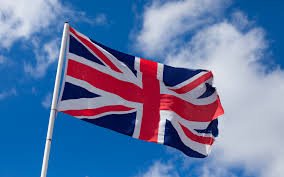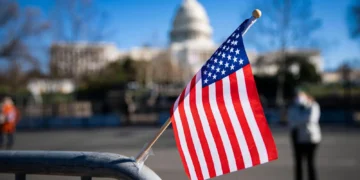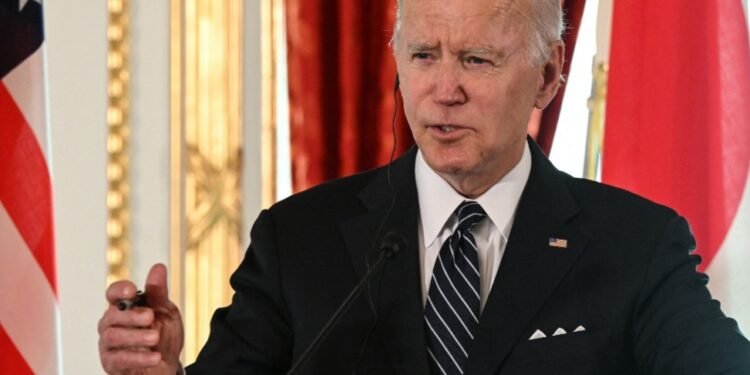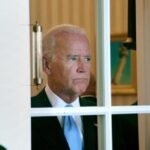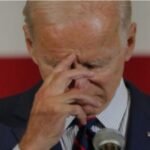This week, the Biden administration revised its policies on prayer and other religious expression in public schools, advising school staff not to support or encourage such activity.
“Teachers, school administrators, and other school employees may not encourage or discourage private prayer or other religious activity,” the Education Department writes in its new guidance.
According to the new guidance, School employees can’t “compel, coerce, persuade, or encourage students to join in the employee’s prayer or other religious activity.”
It added that schools may take “reasonable measures” to ensure that students aren’t pressured or encouraged to join in the private prayers of their teachers or coaches. Although it maintains that the U.S. Constitution permits school employees to engage in private prayer during the workday.
According to the Education Department, public school officials “may not mandate or organize prayer at graduation or select speakers for such events in a manner that favors religious speech such as prayer.”
This policy comes at a time of year there are many of graduation ceremonies happening across the US.
It however noted that if a speaker’s comments are not attributable to the school, their expression can’t be restricted because of its religious content and can include prayer. In such circumstances, school officials “may choose to make appropriate, neutral disclaimers to clarify that such speech (whether religious or nonreligious) is the speaker’s and not the school’s speech.”
On the distribution of religious materials in school, the new policy says schools may impose “reasonable” restrictions on its distribution but “may not target religious literature for more permissive or more restrictive regulation.”
It went on to say that “Philosophical questions concerning religion, the history of religion, comparative religion, religious texts as literature, and the role of religion in the history of the United States and other countries are all permissible public school subjects,” the guidance states.
“Similarly, it is permissible to study religious influences on philosophy, art, music, literature, and social studies,” it added.
The new policy further said that student choirs at public schools can perform music inspired by or based on religious themes or texts as part of school-sponsored events, so long as the music “is not performed as a religious exercise and is not used to promote or favor religion generally, a particular religion, or a religious belief.”
According to the new policy, students may pray and participate in other religious activities in the classroom to the same extent as non-religious activities.
As for extracurricular activities, students may organize prayer groups and religious clubs just as they’re permitted to organize other, secular activity groups.
“Although school authorities may impose rules of order and pedagogical restrictions on student activities, they may not discriminate against student prayer or religious perspectives in applying such rules and restrictions,” the Education Department writes.
The new policy has been criticized by many, who said that the vacuum will be filled by negative forces.
Earlier this year, New York City Mayor Eric Adamas, a Democrat said, “When we took prayers out of schools, guns came into schools. Don’t tell me about no separation of church and state. State is the body. Church is the heart. You take the heart out of the body, the body dies.”
However, Nick Fish, president of American Atheists, in a statement welcomed the new policy from the Biden administration saying the “guidance protects families from Christian nationalists’ hypocritical attempts to foster coercive religious exercise in schools.”
Ifunanya Ikueze is an Engineer, Safety Professional, Writer, Investor, Entrepreneur and Educator.










